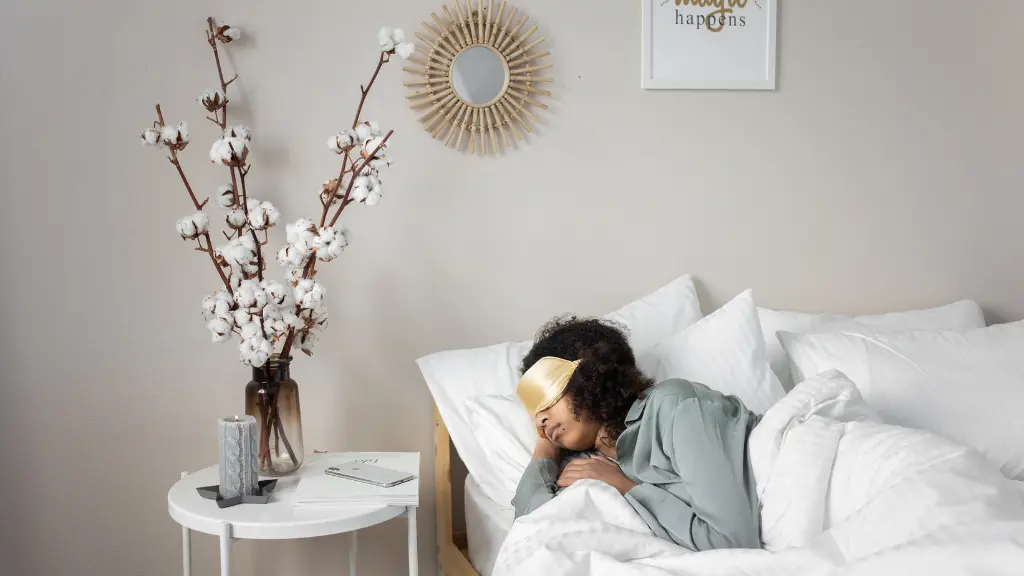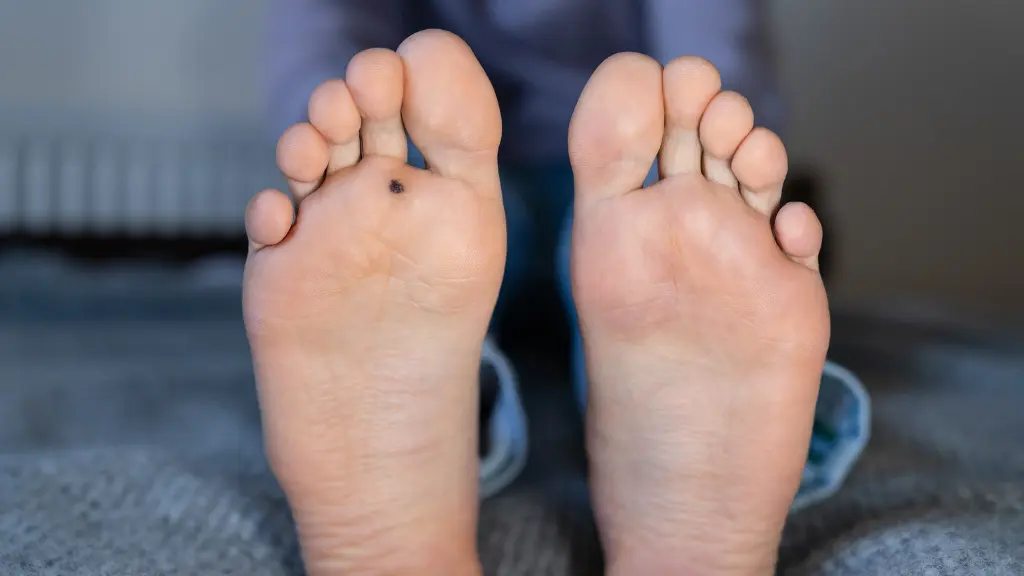Exercise is one of the best natural remedies for improving sleep quality. Physical activity helps regulate the body’s internal clock, reduce stress, and prepare the body for rest. However, not all workouts are equally effective for better sleep. Understanding what exercises to do, when to do them, and how they impact sleep is key.
In this guide, we’ll explore how exercise promotes restful nights and share tips for incorporating the right routines into your day.
You May Also Like: Why Friendship Breakups Hurt So Much
Why Exercise Helps You Sleep Better
- Regulates Your Sleep-Wake Cycle
- Exercise influences the production of melatonin, the hormone responsible for sleep. Physical activity helps your body recognize natural cues for waking and resting.
- Reduces Stress and Anxiety
- Stress and anxiety are common culprits behind sleepless nights. Exercise releases endorphins, which improve mood and reduce stress levels. A relaxed mind is more likely to fall asleep easily.
- Improves Sleep Stages
- Regular physical activity enhances slow-wave sleep, the deep sleep phase essential for physical recovery. It also helps reduce the time spent in light sleep stages.
- Burns Energy
- Engaging in exercise tires the body, making it easier to fall asleep at night. This natural fatigue ensures your body craves rest, aiding a quicker transition to sleep.
Best Types of Exercises for Better Sleep
Not all exercises are created equal when it comes to sleep. Here are some of the best types to consider:
- Aerobic Exercises
- Activities like jogging, cycling, swimming, and brisk walking are excellent for improving overall sleep quality.
- Regular aerobic activity has been shown to reduce symptoms of insomnia.
- Yoga and Stretching
- Yoga promotes relaxation and reduces stress, making it perfect for winding down before bedtime.
- Gentle stretching can also help release muscle tension and prepare your body for rest.
- Strength Training
- Weightlifting and bodyweight exercises improve sleep patterns by increasing physical fatigue.
- Strength training can also help regulate hormones that contribute to better rest.
- Tai Chi and Mindful Movements
- Tai Chi combines physical activity with mindfulness, promoting both mental and physical relaxation.
- These practices are particularly beneficial for those dealing with stress-related sleep issues.
When to Exercise for Optimal Sleep
Timing plays a significant role in how exercise impacts your sleep. Here’s what you need to know:
- Morning Workouts
- Exercising in the morning helps regulate your circadian rhythm. It signals your body to stay alert during the day and prepares it for rest at night.
- Morning sunlight exposure during outdoor workouts also boosts melatonin production.
- Afternoon Sessions
- Midday or early afternoon workouts can provide an energy boost while allowing enough time for your body to cool down before bedtime.
- This timing is ideal for strength training or moderate aerobic exercise.
- Evening Exercise
- Light exercises like yoga or stretching are great in the evening. They help relax the body and mind without overstimulating your system.
- Avoid intense workouts close to bedtime as they may elevate your heart rate and delay sleep.
How Much Exercise Do You Need for Better Sleep?
The amount of exercise needed to improve sleep varies from person to person. However, here are some general guidelines:
- Weekly Activity Goals
- Aim for at least 150 minutes of moderate aerobic exercise per week.
- Alternatively, 75 minutes of vigorous exercise can suffice.
- Consistency is Key
- Regularity matters more than intensity. Consistent workouts over weeks yield better sleep results than sporadic, high-intensity sessions.
- Short Sessions Work Too
- Even short bouts of exercise, such as a 10-minute walk, can help improve sleep quality.
Tips for Exercising to Improve Sleep
- Listen to Your Body
- Pay attention to how different workout timings affect your sleep. Adjust your routine based on what works best for you.
- Avoid Overtraining
- Too much exercise can leave your body overstimulated, making it harder to relax. Balance intense sessions with rest days or lighter activities.
- Cool Down Properly
- A cool-down routine after exercising helps lower your heart rate and promotes relaxation. This can make transitioning to rest easier.
- Stay Hydrated
- Dehydration can disrupt sleep. Drink water throughout the day but limit fluid intake close to bedtime to avoid nighttime awakenings.
- Combine Exercise with Good Sleep Hygiene
- Exercise alone won’t guarantee better sleep. Pair your workouts with healthy habits like keeping a consistent sleep schedule and creating a relaxing bedtime routine.
Common Missteps to Avoid
- Late-Night High-Intensity Workouts
- Intense workouts late in the evening can elevate cortisol levels, making it harder to fall asleep.
- Stick to light activities like yoga or meditation if you’re exercising close to bedtime.
- Neglecting Rest Days
- Overworking your body without rest days can lead to physical stress, impacting your sleep negatively.
- Ignoring the Role of Diet
- Exercise and diet work hand in hand for better sleep. Avoid heavy meals or caffeine close to bedtime, even if you’ve exercised earlier.
Combining Exercise with Relaxation Techniques
For the best results, combine your exercise routine with relaxation techniques. Practices like deep breathing, progressive muscle relaxation, or guided meditation can amplify the sleep-promoting benefits of physical activity.
Conclusion
Exercise is a powerful tool for improving sleep quality. By understanding the connection between physical activity and rest, you can create a routine that works for you. Whether it’s a brisk morning walk, a midday strength session, or evening yoga, regular exercise can help you fall asleep faster, stay asleep longer, and wake up feeling refreshed.
Consistency is key. Pair your workouts with healthy lifestyle choices, and you’ll enjoy better sleep and improved overall well-being.












[…] You May Also Like: How to Exercise for Better Sleep […]